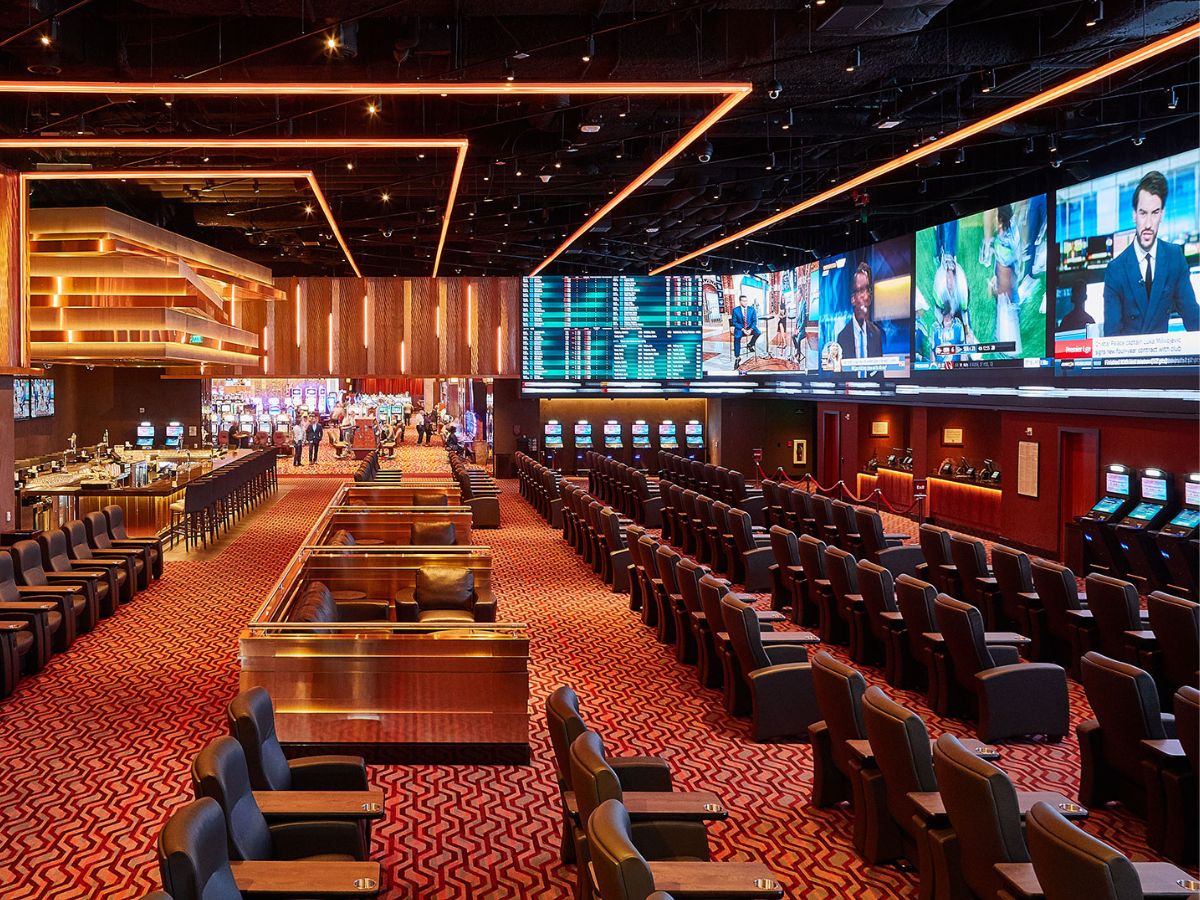
Casino gaming has long been a subject of fascination and debate, drawing in millions of players around the world. With a mix of luck, strategy, and the thrill of risk, casino games offer an exciting escape from everyday life. However, as entertainment becomes ever more accessible, it calls for a deeper examination of the ethical implications surrounding these games.
At the heart of the debate lies the issue of whether casinos promote responsible gaming or take advantage of vulnerable individuals. The appeal of potential winnings versus the truth of losses can create a complex dynamic, and understanding this balance is essential for both players and operators. As we delve into the morals of casino gaming, we will explore the responsibilities of casinos, the impact on society, and the steps that can be taken to foster a healthier gaming environment.
The Impact of Casino Gaming on Society
Casino gaming has a considerable influence on societal dynamics, affecting not only the economy but also interpersonal dynamics and local frameworks. The income generated from casinos can lead to employment opportunities and boost regional economies, as they provide numerous employment opportunities in multiple fields including hospitality, leisure activities, and retail. F168 However, while the financial benefits can be substantial, communities often struggle with the potential negative impacts that arise from higher gambling activity.
Additionally, the presence of casinos can lead to an increase in gambling addiction, presenting significant challenges for players and families. The thrill of casino games can quickly transform into a habitual habit, affecting connections with others and leading to monetary issues. Many individuals may find it difficult with the loss of control over their gambling behaviors, resulting in a need for assistance programs and interventions to address this increasing issue. The social cost of gambling addiction can ripple through kinships and neighborhoods, creating an urgent need for responsible gaming initiatives.
In addition to the economic and social ramifications, casino gaming often showcases cultural attitudes towards risk and entertainment. It can encourage a sense of joy and leisure, attracting visitors and boosting local travel. However, this allure may also conceal the wider implications of gambling as a form of entertainment, raising ethical questions about its advertisement and availability. As communities weigh the benefits and disadvantages of casino gaming, the need for responsible practices and regulation becomes increasingly critical in ensuring that the beneficial elements are enhanced while reducing the negative effects.
Ethical Issues in Gambling Practices
The morality of casino operations often center around the potential for dependency and its consequences on people and families. Betting can lead to significant financial distress, impacting not only the gamblers but also their families. As people become caught in the appeal of winning, many lose track of their financial limits, which can result in catastrophic results such as insolvency. This raises moral questions about the duty of casinos in fostering safe gaming habits and offering support for those who may be struggling with betting addiction.
Another major issue is the advertising of betting to at-risk populations. Gambling establishments often target low-income individuals or neighborhoods with the offer of fast gains, which can continue patterns of poverty and hopelessness. In this situation, the ethics of marketing strategies used by casinos come under examination, as they may exploit the need of individuals seeking an way out from economic troubles. This exploitation raises moral questions about the honesty of the betting industry and its responsibility to safeguard its most vulnerable patrons.
Additionally, the effect of gambling operations on the community as a entirety cannot be ignored. While some argue that gambling establishments create jobs and stimulate local economies, others point to the social costs associated with problem betting, increased criminal rates, and a burden on public resources. Balancing economic benefits with the potential for community issues presents a challenging moral dilemma for lawmakers and gambling operators alike. The challenge lies in discovering a ethical approach that takes into account the well-being of people and communities while still allowing for the enjoyment of gambling activities.
Regulation Structure and Obligations
The legal structure related to casino games is designed to ensure fairness, integrity, and gambler security. Different government entities and casino commissions create and apply regulations that dictate how casino activities function, the criteria for game design, and the procedures for managing prizes. These regulations differ by locale but commonly involve licensing requirements for businesses and stringent measures to stop deception and scams.
In also to oversight bodies, gaming operators bear major duty in preserving ethical standards within their venues. They must implement responsible gambling practices that support player security and education, including offering self-exclusion options and providing information about the risks associated with betting. Casinos are also obligated for educating staff to identify signs of difficult gaming and understand the appropriate measures to assist visitors in trouble.
Additionally, clarity in gaming operations is essential for earning and maintaining public confidence. Operators should offer clear information about the probabilities of operations, promotional deals, and any connected risks. By fostering an environment of transparency and responsibility, gambling establishments can help mitigate the possible adverse impact of gaming while improving the overall gambling experience for all players.
